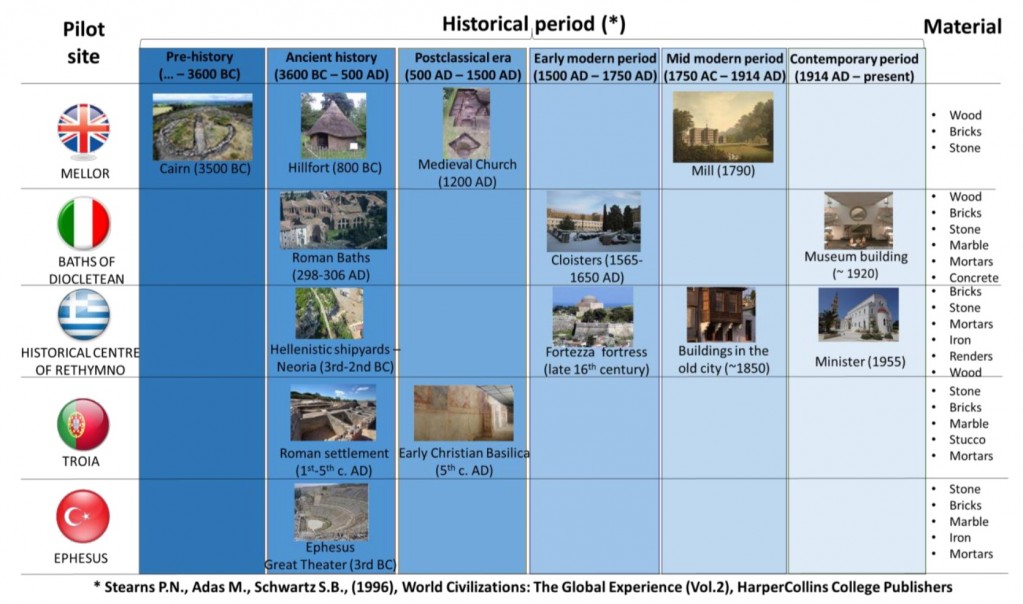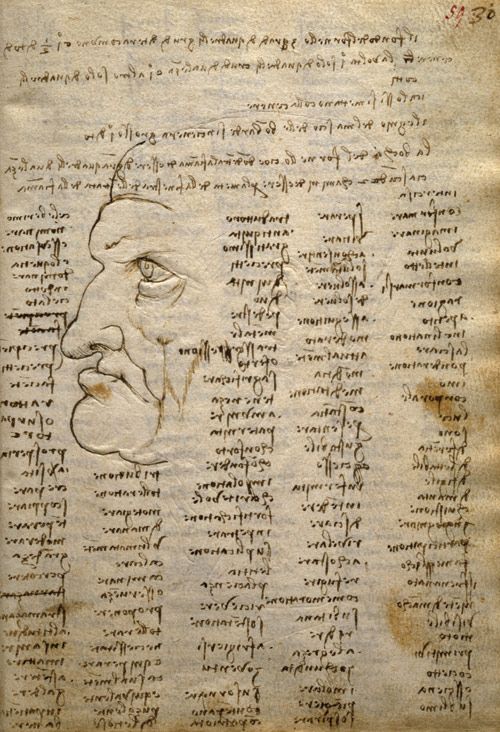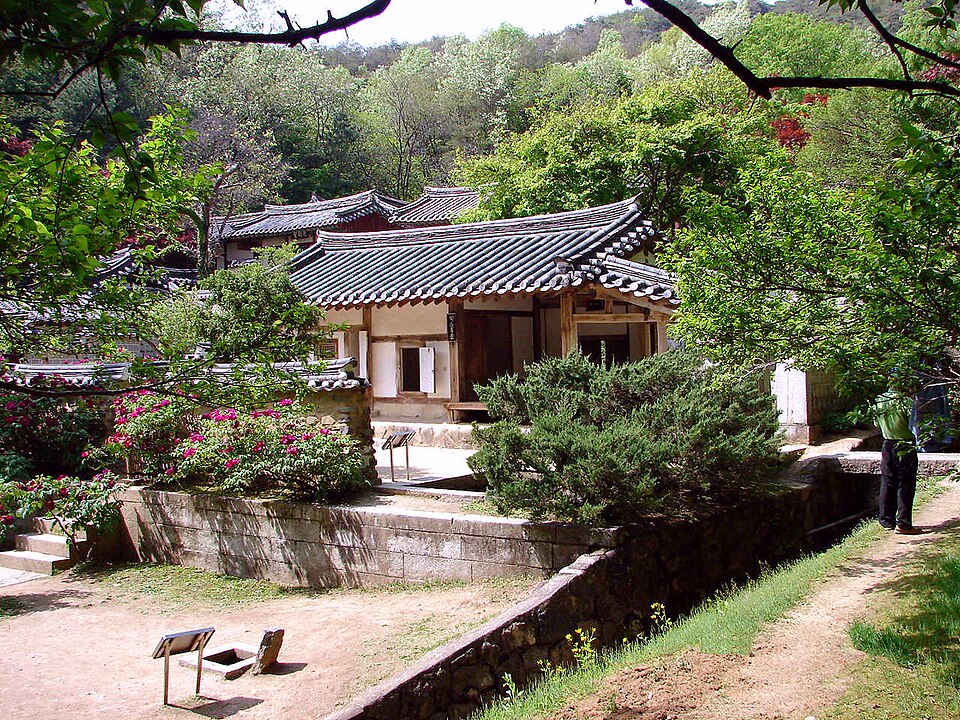STORM: an Horizon 2020 research project on heritage and environmental changes
STORM (Safeguarding Cultural Heritage through Technical and Organisational Resources Management) is a research and development project initiated by the European Union (EU) in early 2016 and funded under the Horizon 2020 program (Call: DRS-11-2015: Disaster Resilience & Climate Change, Topic 3: Mitigating the impacts of climate change and natural hazards on Cultural Heritage sites, structures and artefacts).
The STORM project focused on investigating the effects of climate change on cultural heritage and developing strategies to mitigate these impacts on buildings and artefacts. It involved a multidisciplinary team with diverse expertise to ensure the successful implementation of a functional and effective solution, supporting all stakeholders involved in managing and preserving Cultural Heritage sites.
One significant outcome of the STORM project is the collaborative platform designed to collect and enhance knowledge, processes, and methodologies related to sustainable and effective safeguarding and management of European Cultural Heritage. This platform is capable of assessing risks posed by natural hazards, considering both environmental and anthropogenic factors, and utilizing Complex Events processing. The project’s results were tested in case studies conducted in five different countries: Italy, Greece, UK, Portugal, and Turkey.
Building on prior research experiences and tangible outcomes, STORM proposed novel predictive models and improved non-invasive, non-destructive survey and diagnostic methods for predicting environmental changes and identifying potential threats to cultural heritage sites.
The project also addressed the impact of various extreme weather events on different vulnerable materials, structures, and buildings, offering enhanced adaptation and mitigation strategies, systems, and technologies.
STORM implemented an integrated system incorporating sensors (intra-fluorescent and wireless acoustic sensors), legacy systems, state-of-the-art platforms (including LiDAR and UAVs), and crowdsourcing techniques. This system provided applications and services over an open cloud infrastructure.
Additionally, STORM facilitated a cooperation platform for collaboratively collecting and enhancing knowledge, processes, and methodologies for the sustainable management of European Cultural Heritage. The project’s risk assessment capabilities considered environmental and anthropogenic risks, and the results were tested in case studies across the selected countries.
The project involved a carefully chosen multidisciplinary team to ensure the successful implementation of a functional and effective solution to support all actors engaged in the management and preservation of Cultural Heritage sites, as stated on the STORM project website.
One notable achievement in the first year of the project was the “STORM 2017 Summer School,” held in Rome from 11 to 13 September 2017. This course, focusing on preparedness and first aid for Cultural Heritage, served as a test for the subsequent 2018 edition.








